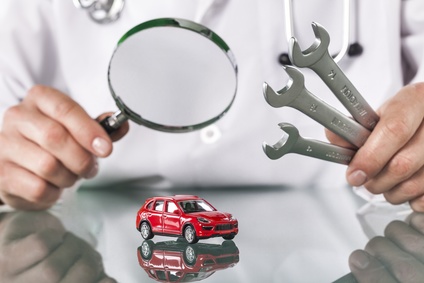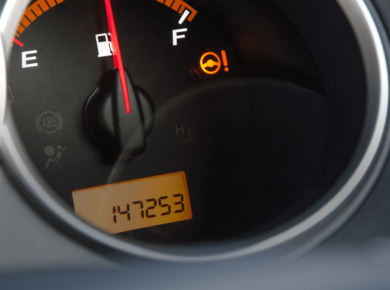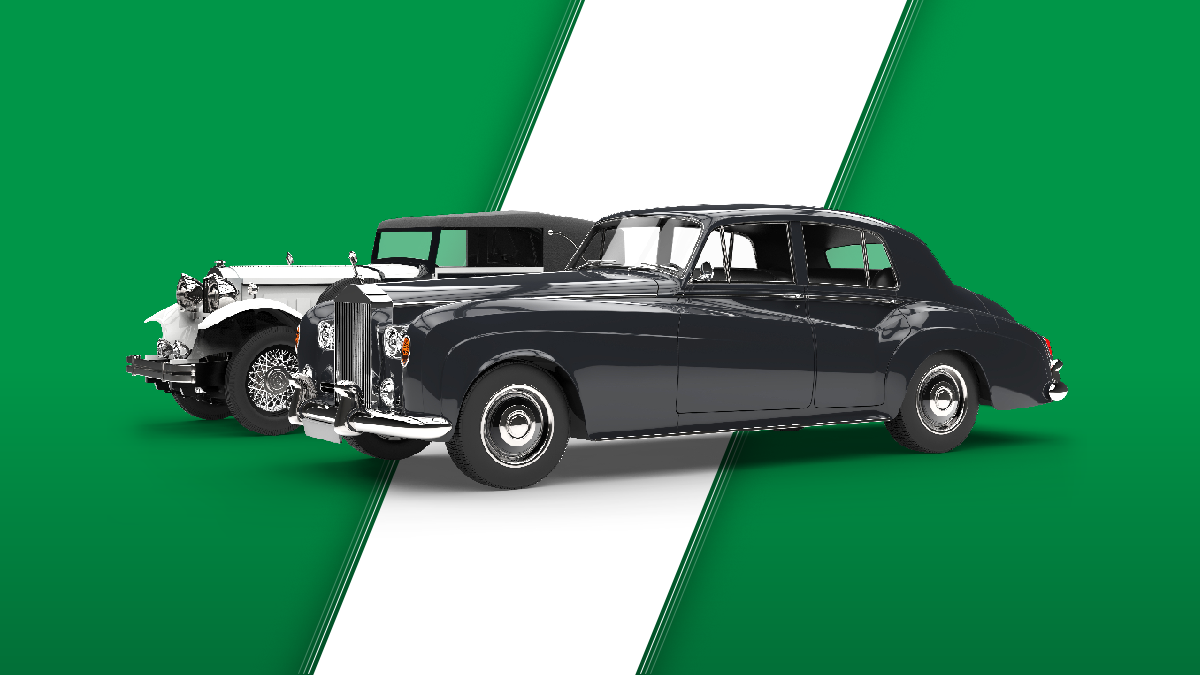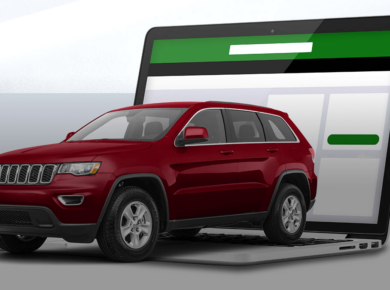One of the most important aspects influencing used car insurance pricing is vehicle usage type. The intended use of a vehicle can help insurers determine the level of potential risk involved with insuring it. The coverage needed for a used car is determined by its designated use, whether for personal or business purposes. This distinction is essential in evaluating the potential risks of accidents or damages associated with the vehicle. It is obvious that a commercial pickup truck used for regular goods delivery tends to be more worn out compared to a family SUV that is used for short-range family countryside trips. We at CleaVin will show you why and how vehicle usage categories affect used car insurance costs.
Understanding Vehicle Usage Types

Vehicles vary in suitability for different purposes, and a specialized classification system helps define types of vehicle usage. This classification includes diverse categories, such as off-road vehicles for challenging terrain and recreational vehicles (RVs) for nature getaways away from bustling cities. The two main groups that broadly cover usage needs are personal and commercial vehicles. Let’s delve into the details of vehicle usage categories.
Vehicles for Personal Use
Vehicles for personal use are designed for individual rides, such as commuting to work, running errands, or visiting family and friends. Personal transportation vehicles include light cars, motorcycles, and bicycles. Each of these offers different levels of speed, efficiency, and convenience, allowing individuals to choose the most suitable mode of transportation for their needs.
Vehicles for Commercial Use
Commercial vehicles are specifically designed for transporting goods or passengers as a means of making a profit. Examples of commercial vehicles include delivery trucks, taxis, and buses. These vehicles are equipped with features that optimize space, safety, and efficiency, making them ideal for businesses reliant on transportation services.
As a rule, you need a commercial auto policy if any of the following points can be applied to your vehicle:
- A company has the vehicle owned and registered as a part of its business assets
- The vehicle is frequently used for carrying equipment, different tools, or products related to any business activity
- The vehicle is driven only by employees of a company
- The vehicle is necessary for providing business services
While the difference between commercial and personal types of vehicle usage can seem insignificant, it affects the used car insurance rates and registration process. In addition, different states and regions can have different requirements for defining vehicle usage categories. That’s why understanding different vehicle usage types allows you to choose the right transportation for your specific needs.
Some Other Factors That Affect Used Car Insurance Costs
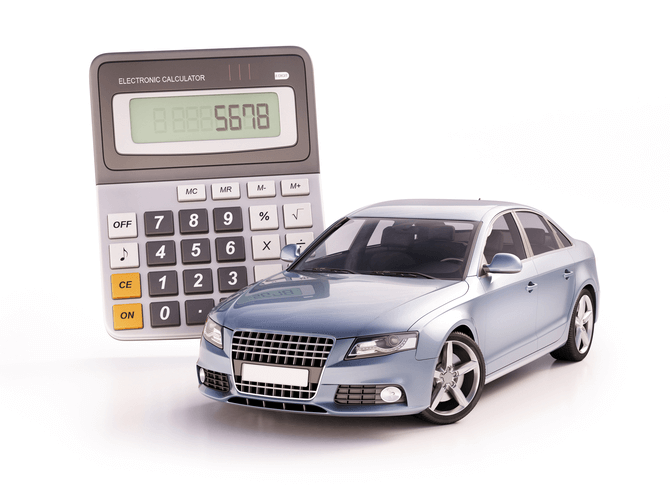
The way used vehicles are typically used determines other factors influencing used car insurance pricing. For example, the car’s mileage driven annually is always considered by insurance companies when determining used car insurance rates. The more miles a vehicle drives each year, the higher the chances of accidents and insurance claims, as well as the higher the insurance policy cost. That is why many insurance providers request the estimated annual mileage before offering used car insurance coverage.
Additionally, the location where the vehicle is typically driven affects used car insurance rates. Areas with higher population densities or more traffic congestion increase the likelihood of accidents, leading to higher coverage costs.
The type of vehicle itself also impacts used car insurance. Different makes and models are assigned different risk levels that depend on the vehicles’ construction and safety features. Usually, used car insurance companies take into consideration the car’s safety ratings, claim history, and the cost of repairs. That is why we recommend looking through the car safety ratings provided by such reputable organizations as the National Highway Traffic Safety Administration (NHTSA) and the Insurance Institute for Highway Safety (IIHS) before buying a used car to be aware of potential insurance costs. The rule is that high-performance or luxury vehicles often have higher used car insurance rates because they are more expensive to repair or replace. Also, a good idea is to check for car safety recalls. If they appear often enough, then car insurance rates will be higher because insurance companies take more risk.
Driver’s habits also define the cost of used car insurance. For example, drivers with a history of accidents or traffic violations are considered at higher risk and face higher rates. In addition, younger drivers, especially those under the age of 25, may also face increased premiums due to their limited experience on the road.
In addition to vehicle use, the type of used car insurance coverage chosen by the policyholder also affects insurance premiums. Comprehensive coverage that includes coverage for theft, vandalism, or natural disasters will result in higher rates compared to basic liability insurance.
As a rule, the vehicle usage type directly affects the above-mentioned used car insurance price factors. Whether you have a family SUV used for short-range family journeys or a commercial used pickup truck for your side hustle goods delivery, the vehicle’s mileage and safety features, as well as your driving history, will influence the used car insurance pricing.
How a Vehicle History Report by VIN Can Help Determine Used Car Insurance Costs

If you want to sell or buy a used vehicle, it would be helpful to uncover all the vehicle details regarding its mileage, ownership and accident histories, recall records, and so on. This information will help you understand the vehicle usage type by analyzing the odometer reading, how often owners have been changed, and what common technical issues the used car had.
You can uncover these details by running a VIN lookup. For this, we at ClearVin, a reliable VIN data provider with more than 10 years of expertise, gather all the relevant database records from our trusted and official partners like the National Motor Vehicle Title Information System (NMVTIS), the National Highway Traffic Safety Administration (NHTSA), and a few more. At the end of VIN decoding, you get a comprehensive vehicle history report with a lot of important vehicle details. In particular, you can check the used vehicle usage type in the ownership history section of our report. This covers the following information:
- Date of purchase
- Length of ownership
- Owned in states
- Last reported odometer
- Usage
These details will help you understand the vehicle usage type by VIN. This allows for more informed decisions on the second-hand automobile market, regardless of whether you’re a seller or a buyer.
Summing Up
The way you use your vehicle significantly influences the cost of used car insurance. Whether it’s for daily commutes or occasional drives, factors like mileage and purpose impact premiums. Understanding these influences allows you to make informed decisions, finding insurance that suits your needs while managing costs effectively.
To get all the key details about your used vehicle or a pre-owned car you are considering buying, use our VIN decoder or reveal the automobile’s background by license plate lookup for free. We have a lot of great solutions to offer. You are also free to contact us online or call us at +1 (844) 268-5991 (8:00 AM – 3:00 PM EST, Monday to Friday).



